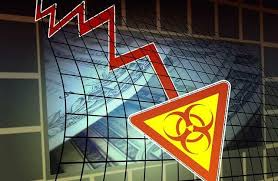Crisis Management and Governance generate encoded title
Crisis Management and Governance
Crisis management and governance are essential for organizations to navigate unexpected disruptions effectively. Strong governance ensures that decision-making during crises is structured, accountable, and aligned with organizational goals.
The Importance of Crisis Preparedness
Organizations must anticipate potential crises, from financial shocks to reputational threats, and establish clear response plans. Preparedness reduces uncertainty, mitigates risks, and ensures swift, coordinated action.
Role of the Board in Crisis Management
Boards play a critical role in overseeing crisis strategies, providing guidance, and ensuring accountability. Effective governance involves monitoring risk exposure, approving contingency plans, and maintaining stakeholder trust during turbulent times.
Communication and Transparency
During crises, transparent communication with employees, investors, regulators, and the public is vital. Clear messaging and consistent updates help preserve credibility, reduce panic, and support recovery efforts.
Integrating Risk Management and Governance
Strong governance frameworks integrate risk management into organizational decision-making. By identifying vulnerabilities early and implementing controls, organizations can prevent minor issues from escalating into full-blown crises.
Learning and Continuous Improvement
Post-crisis evaluations allow organizations to learn from incidents and strengthen governance frameworks. Continuous improvement ensures that lessons from past crises inform future strategies and enhance organizational resilience.




Leave a comment